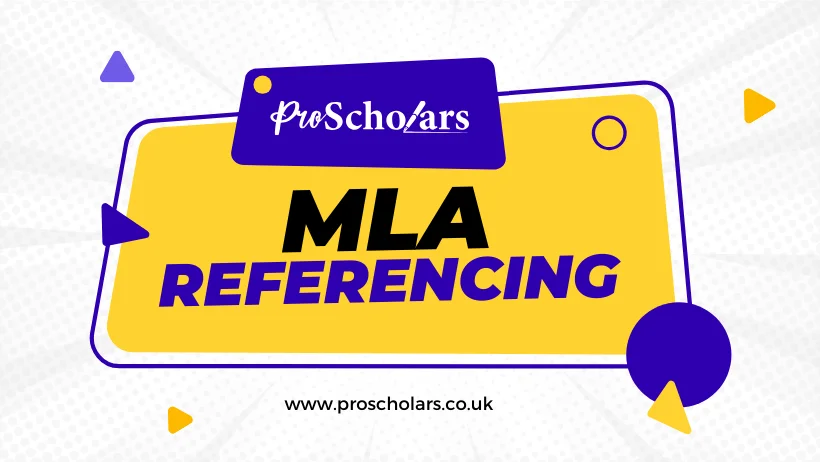The Modern Language Association (MLA) referencing style is extensively utilized within the humanities, specifically in literature, philosophy, the arts, and languages. This guide provides an exhaustive exploration of the MLA style, facilitating scholars in adeptly integrating it into their academic writing.
Suggested Article
The MLA Style Landscape
MLA is an author-page style, emphasizing the author’s last name followed by the page number from which the citation or quote is taken.
In-Text Citations
- When referencing in text, include the author’s last name and the page number: (Smith 45).
- For sources without page numbers, use the author’s last name only.
Works Cited Page
- All cited sources should be listed on a separate page titled ‘Works Cited’.
- Entries should be alphabetically arranged by the author’s last name.
Individual Formats
- Book: Last Name, First Name. Title of Book. Publisher, Publication Date.
- Journal Article: Last Name, First Name. “Title of Article”. Title of Journal, vol. number, no. number, Year, pages.
Online Sources
- Include the URL or DOI.
- Do not include https:// or https:// in the URL.
MLA in Microsoft Word
Steps for Windows Users
- Start a New Document: Open Microsoft Word.
- Navigate to the References Tab: Find the ‘Style’ box.
- Select ‘MLA’: This sets your document to MLA style.
- Adding Citations: Click ‘Insert Citation’ to add sources.
Steps for macOS Users
- Initiate a New Document: Launch Word on your Mac.
- Engage the References Tab: Locate the ‘Style’ box.
- Opt for ‘MLA’: Set your document to MLA.
- Incorporate Citations: Utilize the ‘Insert Citation’ option.
The Importance of MLA Style
- Uniformity: Adherence to MLA style guarantees consistency, providing readers with clear cues on source origination.
- Author Recognition: It allows due credit, fostering a respectful academic dialogue.
- Plagiarism Prevention: Through accurate citation, MLA aids scholars in producing authentic works.
Final Thoughts
Navigating through Modern Language Association (MLA)’s nuances might seem daunting; however, with practice, it becomes an invaluable tool for scholarly writing within the humanities. For scholars who wish for a more in-depth understanding, additional resources and guidance are available, ensuring a seamless and efficient citation process for all academic undertakings.
For comprehensive support in mastering MLA or any other citation style, consider seeking expert academic writing services for professional assistance tailored to your unique academic needs.
